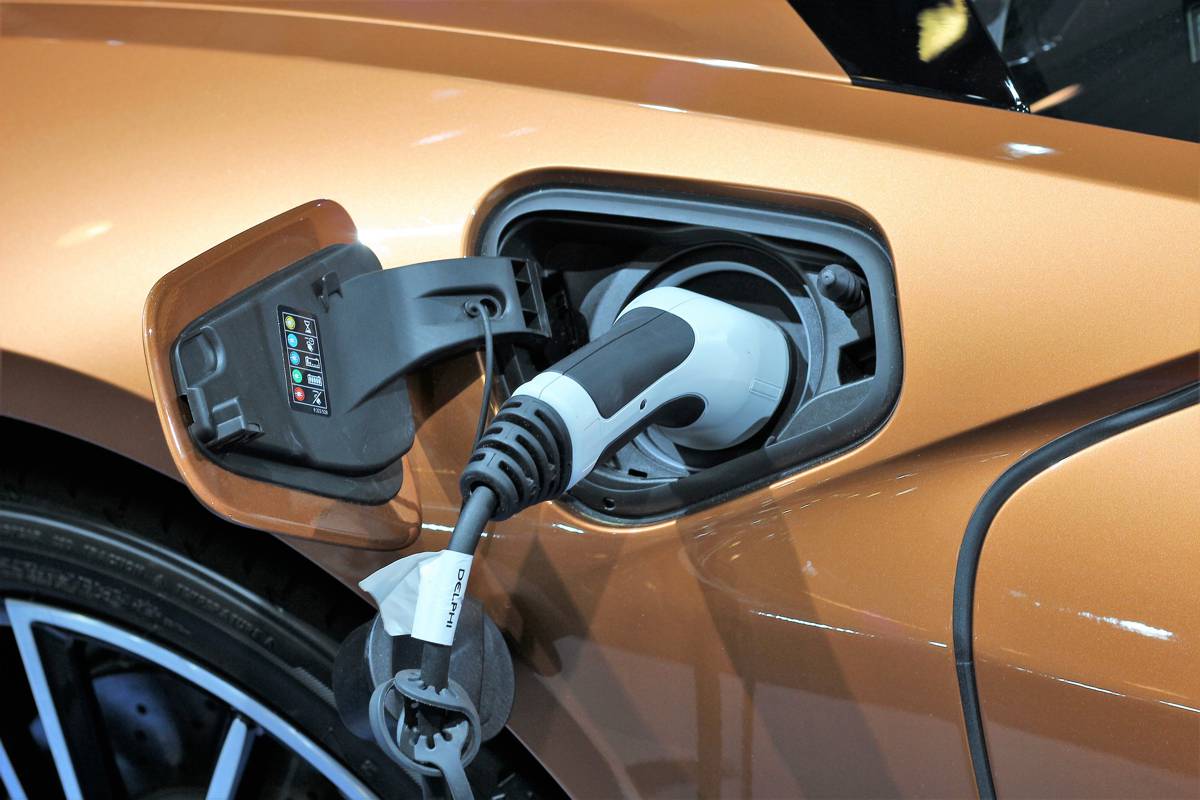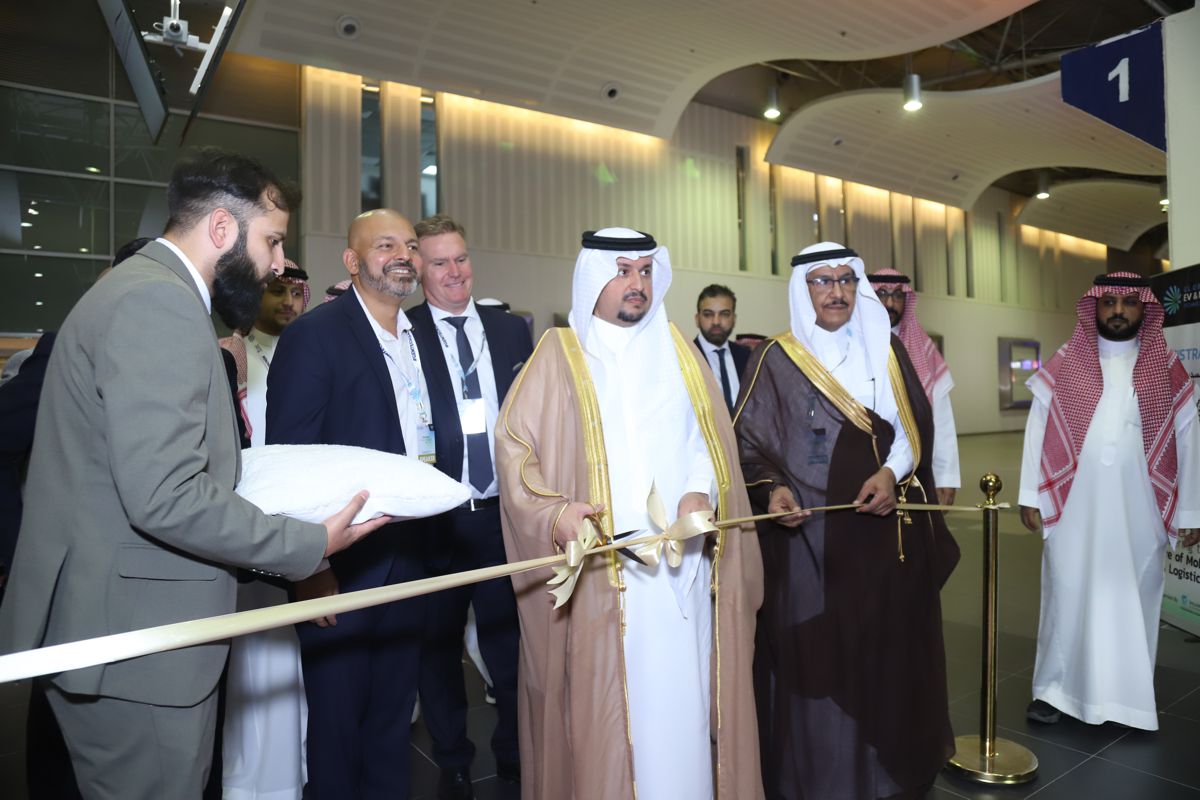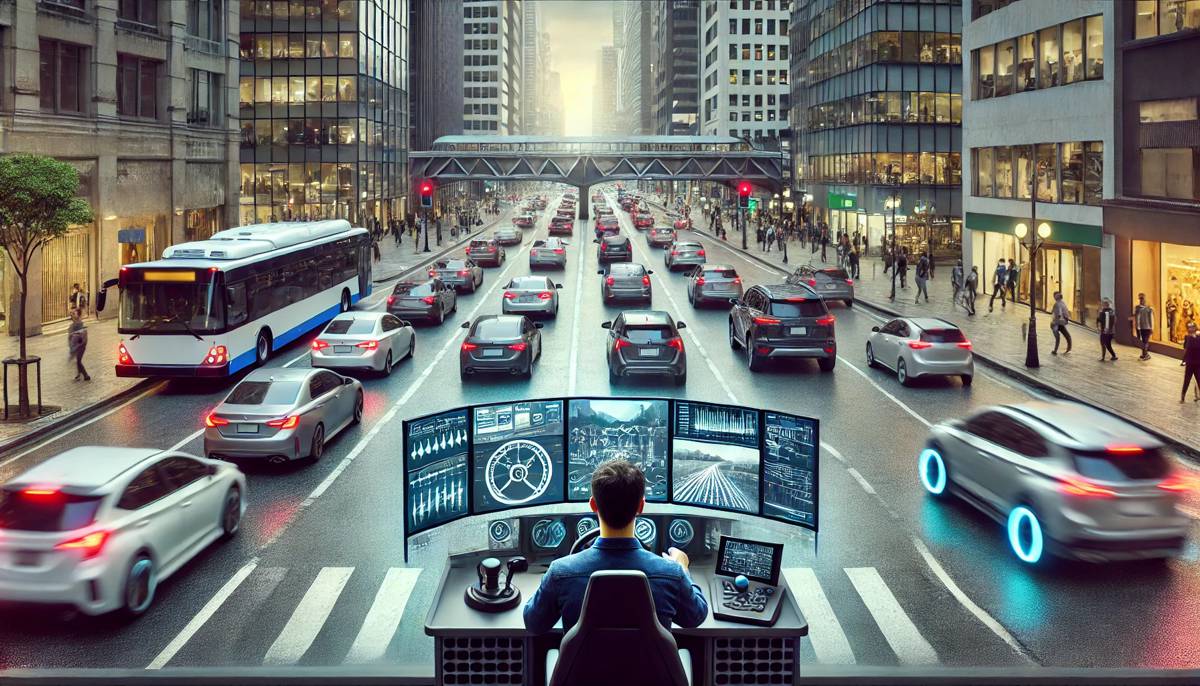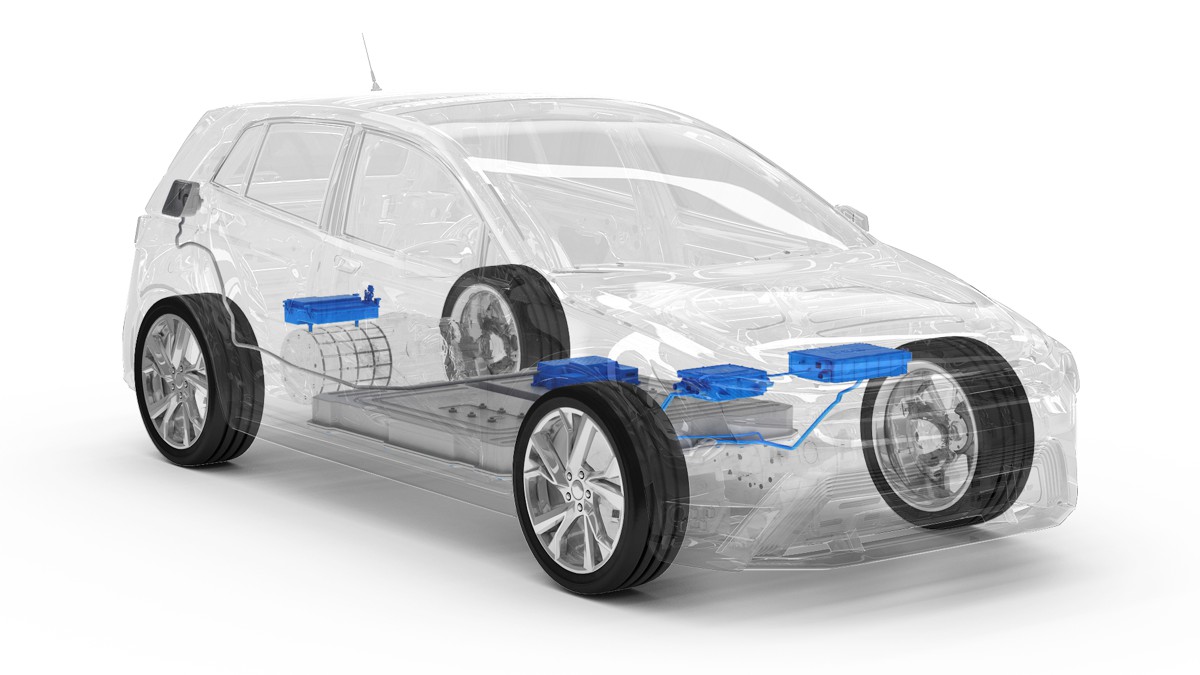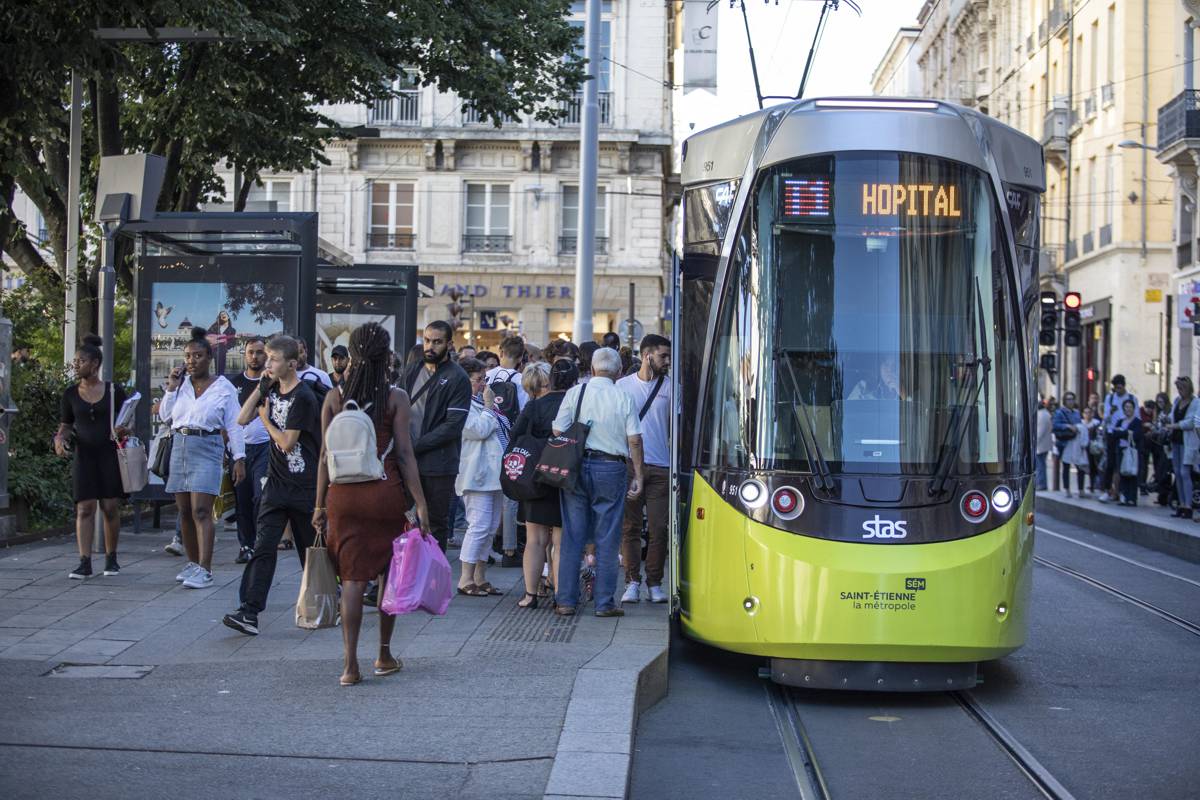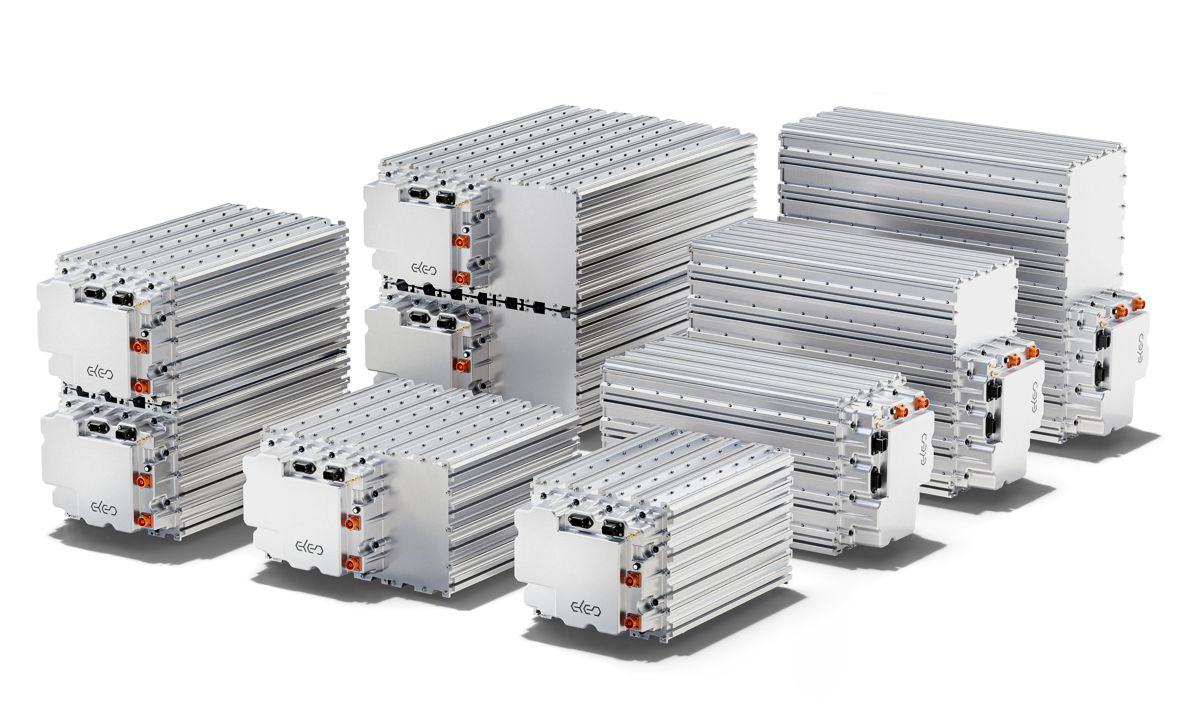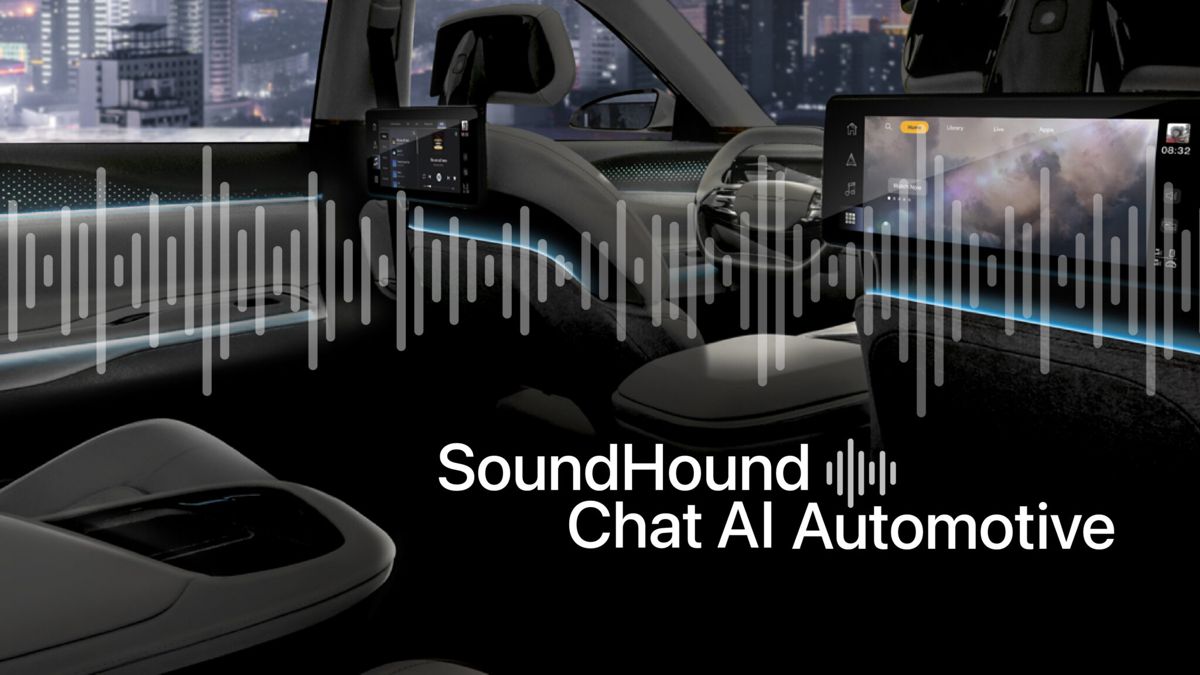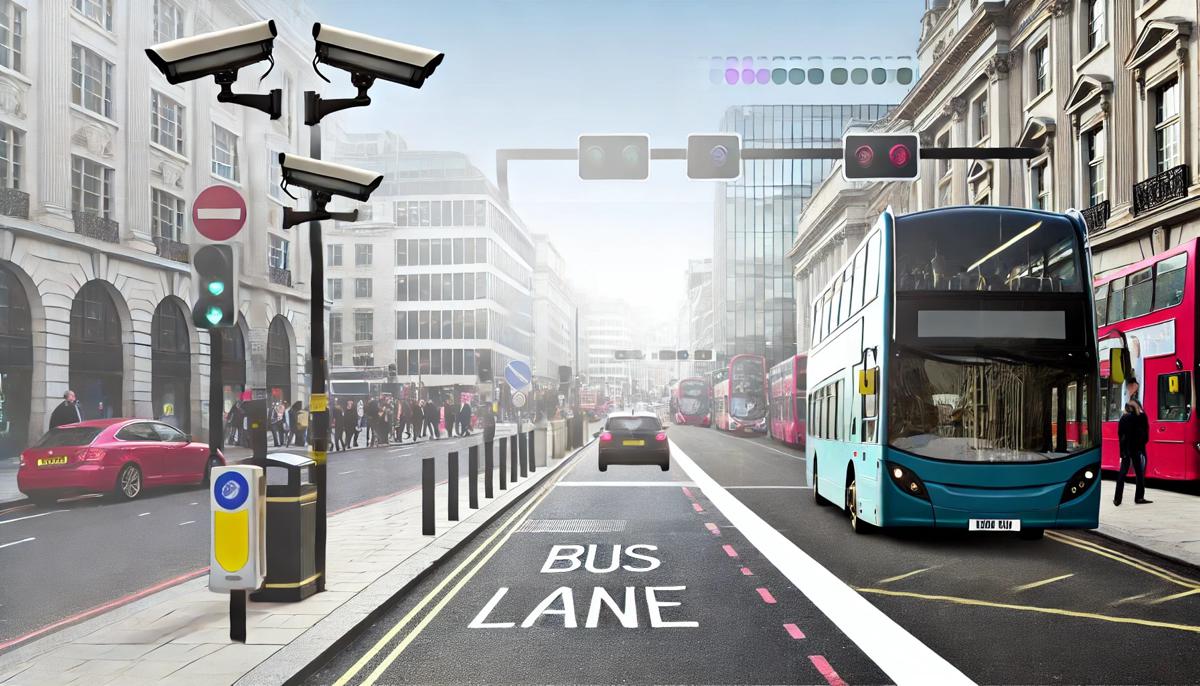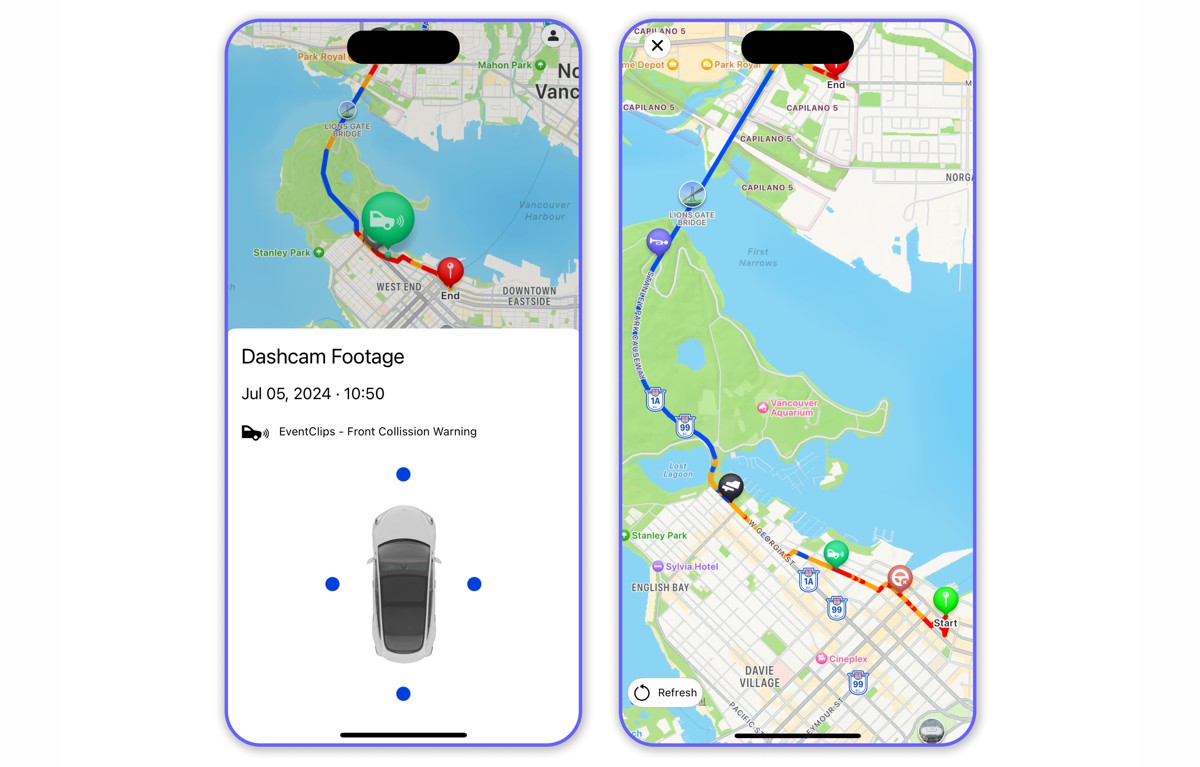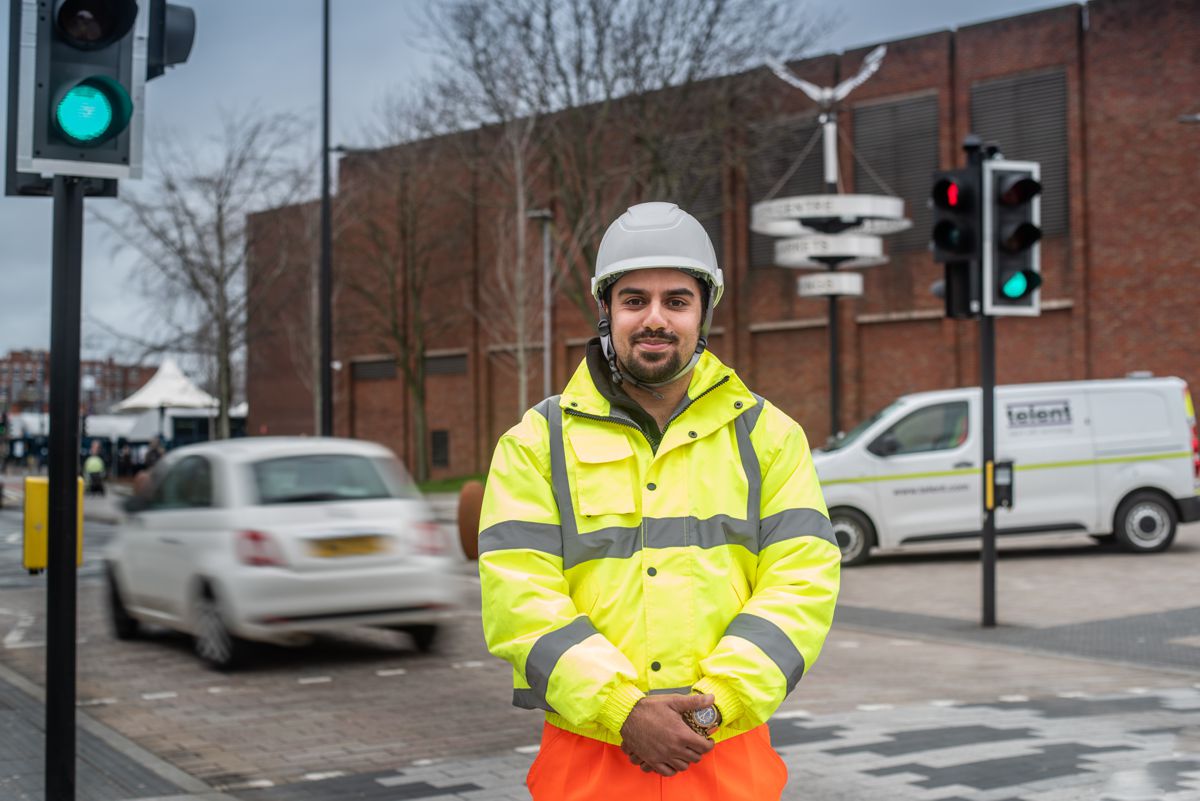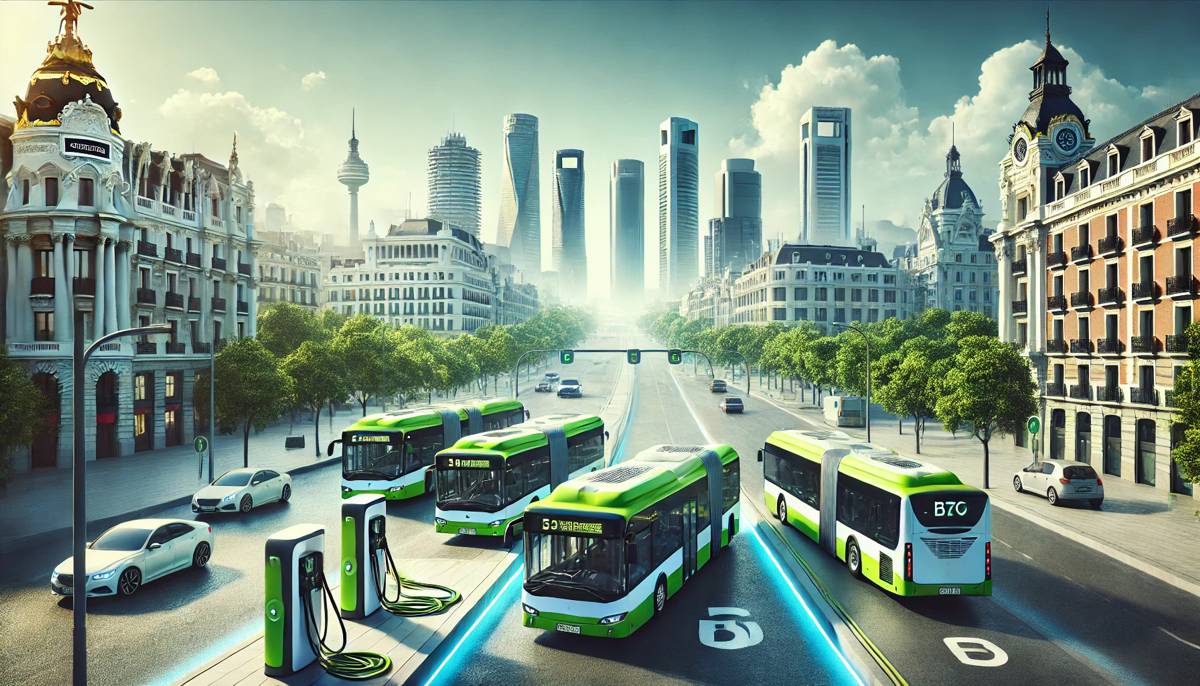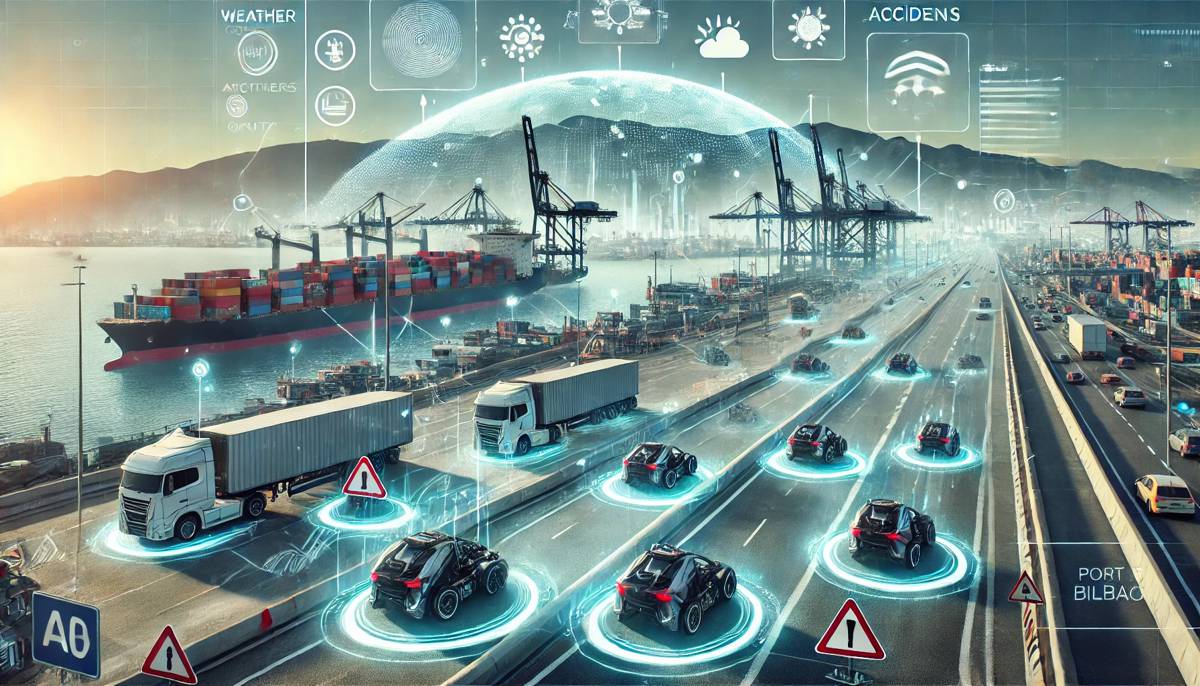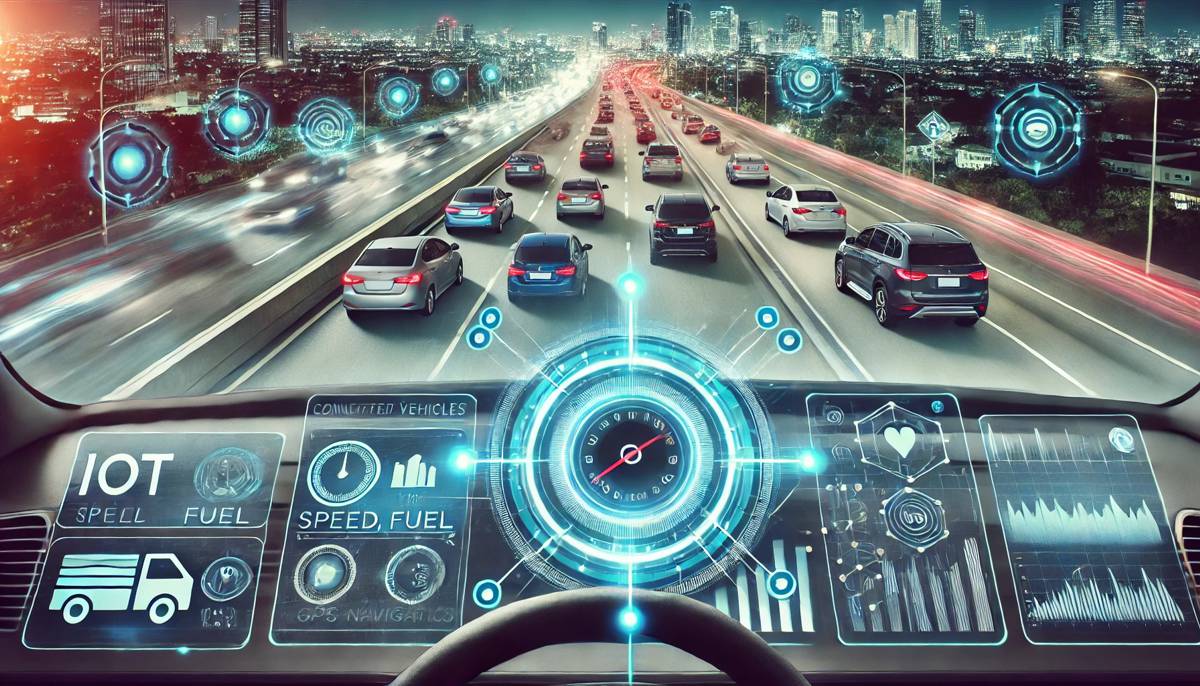Toshiba led consortium to demonstrate the future of EV charging with DCC
The Data Communications Company (DCC), the organisation that operates and maintains Britain’s national smart meter network, has joined forces with Toshiba, Pelion, Vestel, and has.to.be to bring current electric vehicle charging infrastructure onto a secure, unified, national network.
This pilot project will yield vital data necessary to inform future national strategies for EV smart charging.
This work seeks to augment, rather than replace, the current approach to EV charging. It aims to break down some of the most significant barriers facing consumers and the industry – specifically security, interoperability, and load management. The consortium led by Toshiba includes Pelion, charge point manufacturer Vestel, and the EV charging specialist, has.to.be.
The project will trial a proof-of-concept using a Vestel charge point installed at the DCC’s Manchester testing facility, Brabazon House, and demonstrate how current technology can be cost-effectively modified and linked to a secure national network. The solution will help manage consumer data, charging control, and energy metering and features end-to-end encryption for enhanced security. Simultaneously, this allows consumers to have confidence in their charging device and gives the energy distribution network operators the control needed to ensure the grid maximises its use of renewables.
The DCC supports more than 12 million meters nationwide, and with the massive growth in EVs sales constantly adding to the challenge, effective solutions must be found, trialled, and made ready to scale.
With a proven cyber-physical capability in the UK smart metering market, Toshiba is a trusted partner enabling the DCC to deliver innovative next-generation solutions in support of ‘net zero’ targets. In addition to managed global cellular connectivity, Pelion, a wholly-owned Arm company, offers trusted, feature-rich life cycle management for IoT devices and a secure application management ecosystem for edge systems. With its comprehensive EV charging solution, has.to.be.ENERGISED is dedicated to eMobility, and its innovative services provide everything companies require to enjoy success in the field of EV charging — from the scalable operation of charging infrastructure to the end-to-end management of worldwide mobility solutions.
DCC CEO Angus Flett said: “To meet our national net zero targets, we need to break down the barriers stopping people transitioning to electric vehicles.
“The technology already exists to simplify electric vehicle charging for everyone, and this partnership has the resources and expertise to show the industry what’s possible.”
“Drawing on this partnership’s significant technical expertise, we intend to demonstrate how the DCC’s secure nationwide network can be opened up to support the EV charging industry. This will help ensure that EV smart charging is secure and consumer friendly, and allows the system to make the best possible use of renewable sources.”
Tom Cunliffe, General Manager & COO of Toshiba’s M2M Business Unit within Toshiba Europe, said: “Toshiba’s diverse business ranges from energy and social infrastructure to electronic devices – with world-class capabilities in information processing, digital, and AI technologies, many of which are contributing to the decarbonisation of society. These distinctive strengths position Toshiba to become one of the world’s leading cyber-physical-system technology companies.”
“Toshiba has successfully designed, manufactured and delivered millions of communication hubs into the UK smart metering programme. Through this, we have established and now lead a consortium of leading, innovative partners across a broad spectrum of technologies that have created a solution to integrate the EV charger with DCC’s systems; crucially, this same module can support additional, future smart IoT device integrations in to the DCC.”
Charlene Marini, Pelion’s Chief Product and Marketing Officer, said: “Secure and full-featured device life cycle management is a vital element of every IoT rollout, especially one with the scale and security needs of Britain’s strategic national EV charging network. Evolution is inevitable, especially for IoT solutions that will need to perform for years, if not decades. Pelion’s combination of highly granular IoT device management and edge application orchestration empowers this solution with the capabilities to adapt and improve over time.”
National infrastructure level security
While many EV charging networks use robust security practices, there are no clear, agreed standards to ensure that all networks protect consumer data and the energy grid.
The DCC smart metering network, as critical national infrastructure, was designed from the ground up with the highest security and operates to standards endorsed by the NCSC (National Cyber Security Centre).
These standards, applied to a national EV charging network, would safeguard consumer data and protect the energy grid from the threat of cyber-attacks.
Consumer freedom
Range anxiety still ranks as a significant barrier to people going electric. In part, these fears stem from the complexity of the current charging networks. While the industry has made some progress in unifying networks, these will never provide the same value as true interoperability achieved through a common standardised platform underpinning all private EV charging.
Being able to seamlessly charge away from home without needing to sign up to a new charging network would rank as a game-changer for many consumers. Today’s pilot project aims to demonstrate a high degree of interoperability, bringing more protection for consumers and delivering a level playing field for the EV charging market, encouraging healthy competition.
Greener charging
Consumers are embracing EVs at an ever-growing rate: the energy grid will need to become smarter to accommodate this greater need for electricity. Currently, renewable energy sources can be extremely variable and the power they deliver does not always align with peak demand: this intermittency often means fossil fuels need to be burned to make up the shortfall.
With better grid oversight and control, consumers could be incentivised to take advantage of the greenest energy. A future system should make it easy for consumers to keep their vehicle topped up in the most affordable and low-carbon way.


